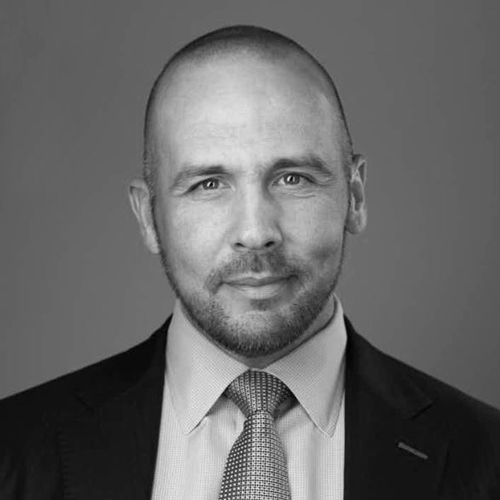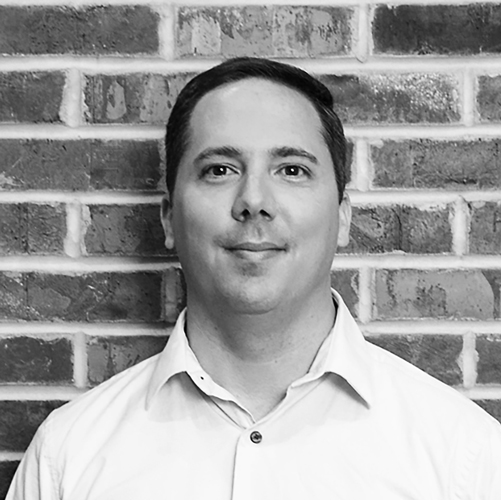|
Getting your Trinity Audio player ready... |
In the early 1980s, two men—Gerald Greenspoon and Michael E. Marder—founded Greenspoon Marder LLP. But this isn’t just their story. Rather, it’s a story thirty-nine years in the making about the firm’s women, recruited and empowered by Gerald and Michael, who today not only occupy most of the leadership positions throughout every department of the company, but who are also setting an unprecedented standard in corporate America.
Across the US business landscape, women make up only about 25 percent of executive and senior-level officials and managers, according to a recent report from Catalyst. And in the legal field, women make up 45 percent of associates, but only 22 percent of partners, according to a report from the American Bar Association.
The statistics at Greenspoon Marder, a national, full-service Am Law 200 and NLJ full-service business law firm, paint quite a different picture. More than 465 women make up 60 percent of Greenspoon Marder’s total employees with leadership in every department, including HR, accounting, legal, marketing, and more.
“Our firm didn’t recruit and retain all these women from a diversity program or based on a strategy per se. It happened organically,” says Michelle Martinez Reyes, chief marketing officer for Greenspoon Marder. “It happened by selecting the talent and the individuals who were the best fit culturally.”
Martinez Reyes and seven of Greenspoon Marder’s top leaders gathered at the firm’s headquarters in Fort Lauderdale, Florida, for a roundtable discussion with Profile about how the distinctive Greenspoon Marder culture came about naturally, the struggles they have seen women face at other organizations, and why celebrating diversity has strengthened the firm’s relationship with their clients, as well as the people and communities in which they live and work.
Myrna L. Maysonet: I started working here in 2001 and when I started, there weren’t a lot of women. I had just come from the US Navy, where I was a lieutenant and a JAG, so I was used to being around men all the time because there aren’t that many women in power in the armed forces either. What’s different about this law firm is that we embrace each other. I have learned a lot from Michael, and he has learned a lot from me. I had somebody that I could share my thoughts with, and he saw me as an equal. We understood that we need different voices because diversity helps you, and little by little, more women came into the firm. Rebecca Bratter came in, and we also learned a lot from each other. I am very proud when I look around the room here and I see so many women, and this law firm is so blessed to have all these people and so many more.
Beth-Ann E. Krimsky: You said that so beautifully, Myrna. And I really feel that initiatives haven’t formally been needed in this firm because men and women have that same quality mind-set already. I’ve never felt that I was treated any differently here because I was a woman.
I am a trial lawyer, so I also believe that diversity helps us at all levels because we do truly learn from each other, and it helps us craft better solutions for our clients and make better arguments because we can understand that the people who are listening to us are not all the same. I think we are hired sometimes for that reason because clients want to make sure they’re working with a law firm who appreciates all aspects of diversity.
Dana L. Somerstein: I think that all goes back to the culture of the firm as a whole. As a younger attorney, I saw my role models in the women that we hired. When you see yourself in a role model, it makes you more comfortable and more able to go out and ask questions, especially when there’s a steep learning curve coming out of law school.
Because everyone is more comfortable here, I think there is certainly an increased growth for individual attorneys, and seeing that success in our younger attorneys in preparing the next generation in the best way possible. We all want to feel successful in what we’re doing, and we can really have that ongoing mentorship and support as needed.
Rebecca Faith Bratter: You can get mentorship in every department, but many of us also have our own stories. If it’s one thing that all of us preach, it’s that you can have whatever position you want. If you’re willing to put in the time and the effort, then it doesn’t matter where you started in this law firm.
Deborah Baker-Egozi: I have to say too, in the legal profession, I have found that there is so much talk about diversity and the advancement of women. We’re dragged into conference rooms, and we’re shown PowerPoints. We’re tired of PowerPoints, and we’re tired of diversity programs. During my interview at Greenspoon Marder, Rebecca Bratter was there, a woman who is younger than I am, and she said, ‘What can we do to have you and your clients succeed?’ They demonstrate that without a PowerPoint and without some ridiculous education program. There are no glass ceilings here. It’s laughable that my gender would ever hinder me here or anywhere else in terms of advancement, and it comes back to that.
Alicia Lewis: I also think the men in our firm are positive role models, as well. It’s great to have such amazing women to work with, but as associates, it’s important to feel like I have a seat at the table. My boss, a male partner, really encouraged me that when you have a seat at the table, have an acting seat at the table. I’m often the only minority or woman in the room, and I know the communities where people live, where minorities live, where women live. It makes me feel empowered to know I have women that I can look up to and also that I have role models who are men that support me and genuinely want to see me succeed.
Rachel K. Gillette: I don’t really think about promoting women on a daily basis because I feel completely empowered as a woman in this law firm. I work with a lot of women in Denver, and my philosophy is that I want people to be successful, and I want them to want to come to work. I also can really appreciate the necessity to have your own life and commitments to your family.
Martinez Reyes: I worked in Biglaw and within larger organizations the majority of my career, and I was trained to assimilate to be like the guys. You have to act like the guys, be like the guys. What I thought was very unique about Greenspoon Marder is that we’re not told to assimilate to be like anyone other than ourselves. We’re encouraged to be individuals, contribute to the fabric of our culture, and ultimately are included in what continually creates and drives this firm. I dare to say that most of us work at Greenspoon Marder because of Gerry and/or Michael. They are not only the names on the marquee, but they’re also the heart and muscle behind the firm’s success and its people.
Baker-Egozi: One of the things that I like too is that we have Rebecca, Michelle, and other women in charge, and they’re really in charge. They’re not figureheads. It wouldn’t dawn on me to go to anybody but Rebecca for a lawyer issue or anybody but Michelle for a marketing issue, because they’re given the power to do their job and do it well.
Somerstein: To echo on those points as well, I’m in a banking profession, so I do transactional law, and it is still very much a boys club. I think we’ve all had the feeling that you have to be in the boys club, and being at Greenspoon Marder, it gave me the courage and confidence to be myself and to have confidence in my own ideas and my own talents as an attorney. We are encouraged to do things our own way.
Gillette: The only time that I feel like I’m a woman in the legal profession is actually when I’ve been in conversations with male attorneys and they say something and I think, “There’s no way they would’ve said that to me if I was a man.” And I can think of a ton of those statements, and it’s unfortunate, but it still happens to this day.
Bratter: Gerry Greenspoon and Michael Marder welcomed me to this firm over fifteen years ago and have given me, as well as everyone else at this firm, an amazing opportunity to not just work and make a living, but to grow and learn and build our careers here with their guidance and support every step of the way. The men behind the women are just as important as the woman along all the lines of our organization.
Martinez Reyes: Greenspoon Marder is powered by incredible women and men who make it happen every day because we believe our differences make us a stronger whole, and collaboration is one the core elements of success. The ethos of the firm starts with both Gerry and Michael and emanates from all of the people at the firm—almost eight hundred of them today—at all levels. This is a machine, and the machine has all types of people who are so important to everything that we do. I think that’s most important because that’s something that people forget. It’s the lawyers and the staff at every level that create this distinctive organization, from the top-down and bottom-up, a real team—our #GMFamily.
Photos: Gillian Fry

